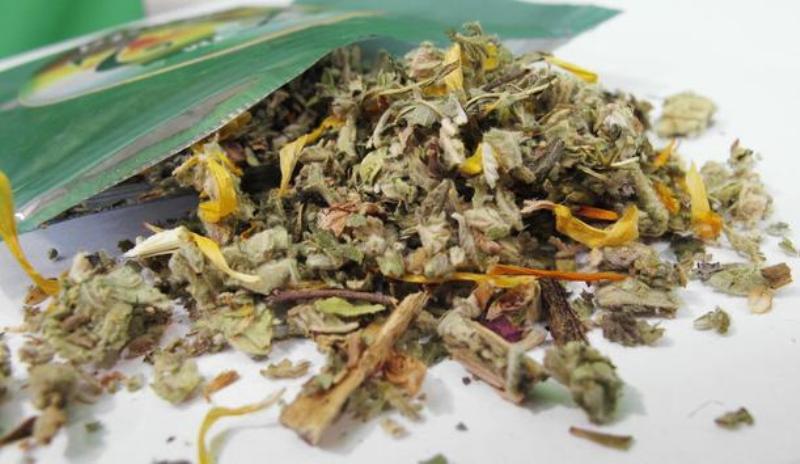
As the use of synthetic marijuana continues to increase throughout the U.S., so too have the overdoses and deaths caused by the drug. A new report has found that synthetic marijuana deaths have tripled in the last year alone.
The findings from the Centers for Disease Control and Prevention found that 15 people have died from synthetic marijuana use between January and May of this year, a three-fold increase from that same period last year. About 3,572 calls were made to poison control centers for issues related to synthetic cannabinoid use during the first five months of this year, a 229% jump from the same period last year. More than 80% of calls were from men and the average user age at the time was 26.
“They are marketed in a way that frankly does not portray how dangerous they are,” says Donna Bush, a forensic toxicology specialist,” said Donna Bush, a forensic toxicology specialist at the Substance Abuse and Mental Health Services Administration (SAMSHA). “These synthetic cannabinoids were originally designed as research chemicals for use in the laboratory, trying to identify cannabinoid receptors in the brain, [not] to be used on the streets.”
A separate report released last year by SAMSHA also found that synthetic cannabinoid-related emergency department visits have skyrocketed, from 11,407 in 2010 to 28,531 in 2011, the most recent year for which data is available. In addition, the Drug Enforcement Administration (DEA) received 17,000 synthetic cannabinoid-related reports, compared to just 469 back in 2010.
The use of synthetic marijuana is also occurring at younger ages than ever before. A 2012 government survey found it was the second-most commonly used illegal drug among high school seniors, only trailing behind traditional marijuana. One in nine American high school seniors reported using synthetic cannabinoids.
Synthetic marijuana was classified as a Schedule I substance in 2012, but drugmakers have worked around this by creating a liquid form of it to sell on the streets. The DEA said not only are the liquid forms being sold online, but some people are also using it in e-cigarettes and vape pens to get high.
